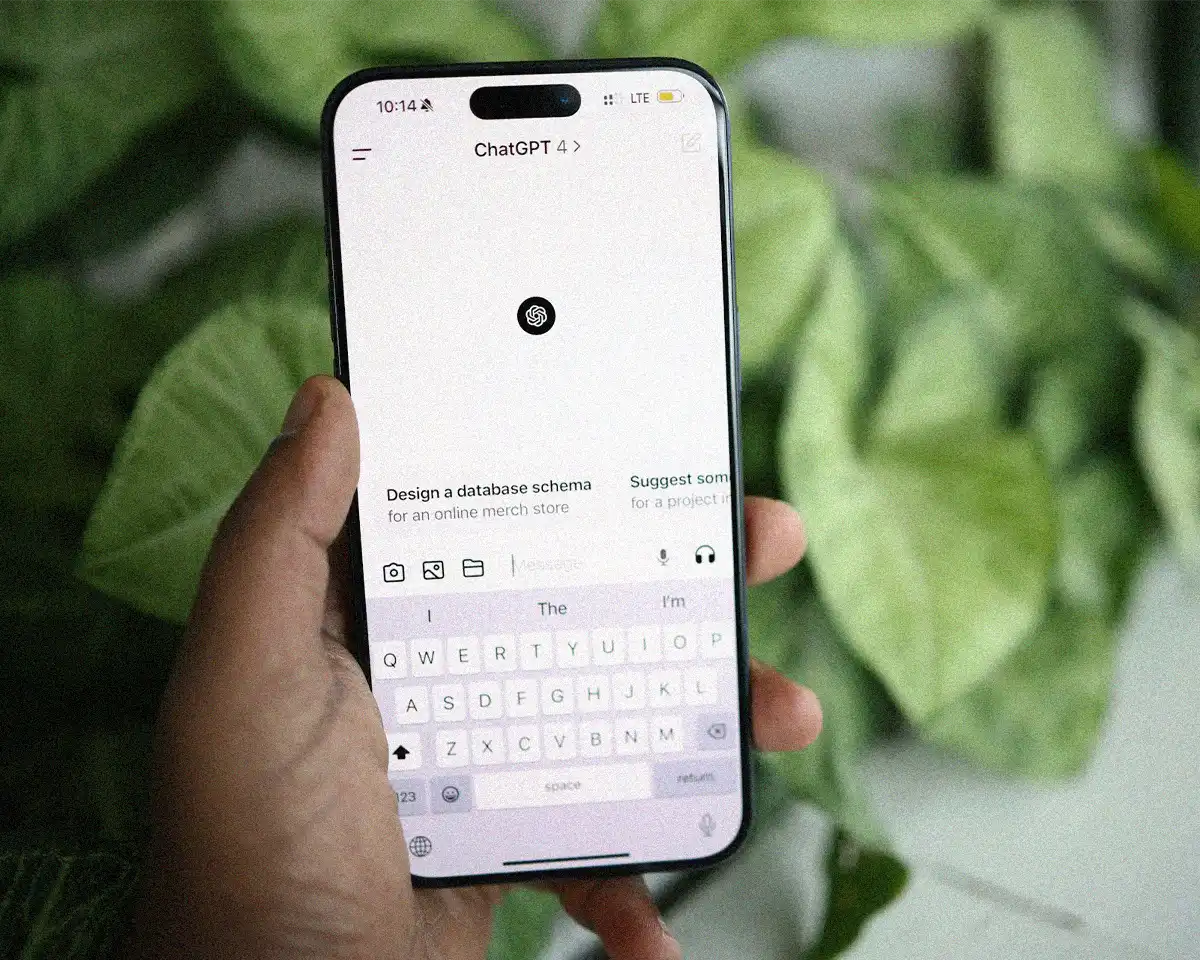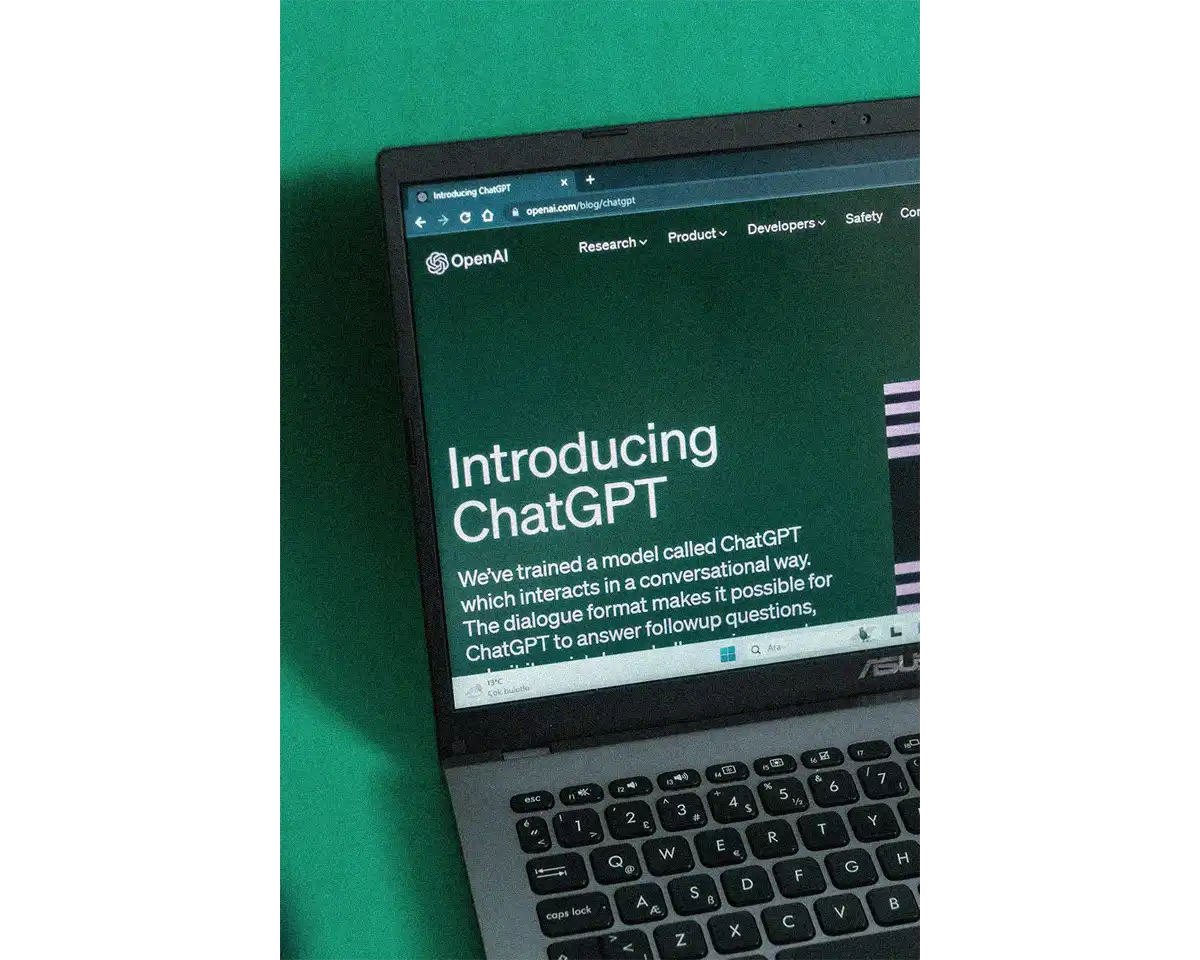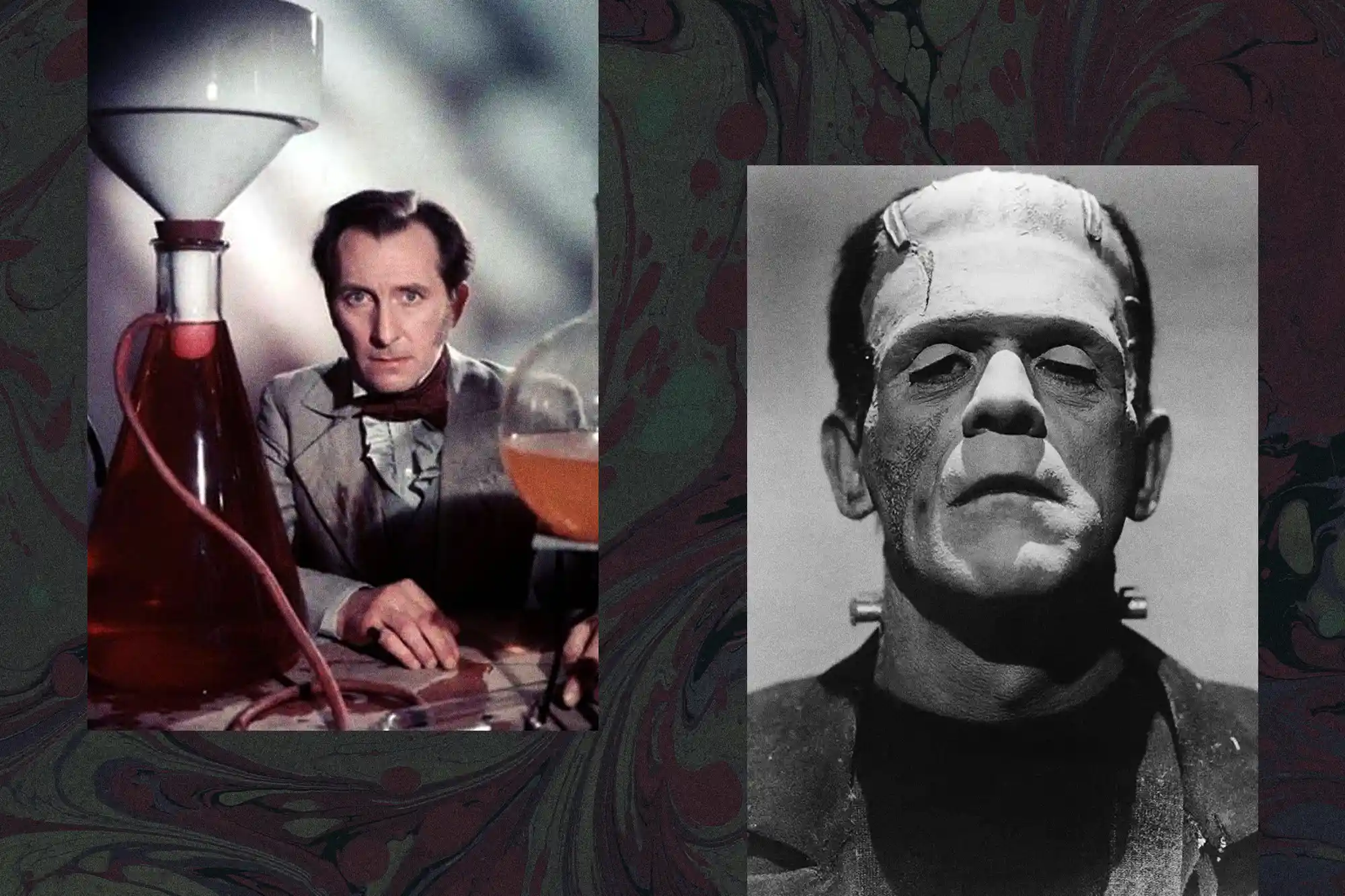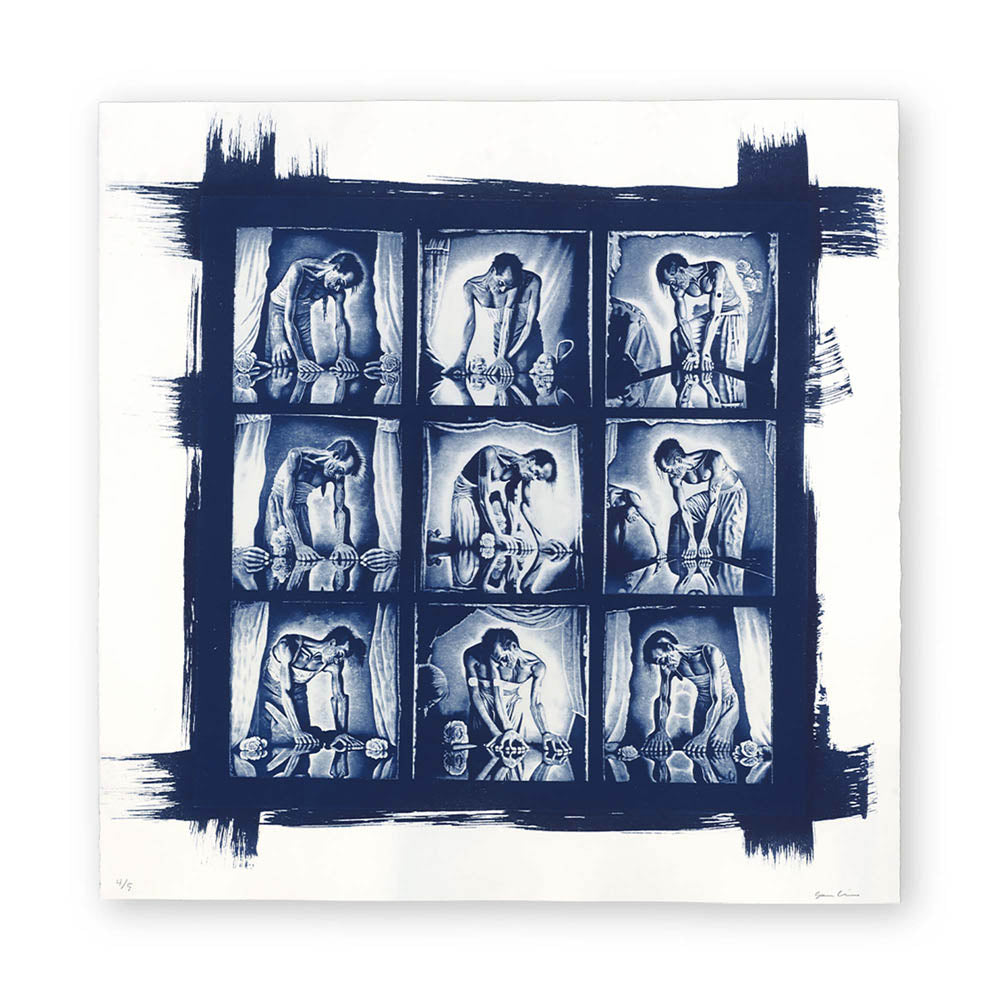As I began working on this article about AI, I felt it fitting to ask ChatGPT to write a short poem in Mary Shelley’s voice about Victor Frankenstein, his monster, and what the 1818 novel can teach us about AI today. I prompted it to focus the first stanza on tech-industry AI creators and the second stanza on how we use the technology to improve our lives. After a few iterations and additional prompts, the result poetically captured my thoughts.
We craft with brilliance, not with grace,
A mind to win, outrun, replace.
And when we build but teach no ethics,
The monster turns toward darker metrics.
We honed our lives in AI’s hands,
A tool to perfect, our life expands;
Yet like the monster, wild and free,
AI’s touch can harm humanity.
As the former IBM director of Artificial Intelligence Applications, I worry about AI. What I don’t worry about, the hype notwithstanding, are the big things that AI can do to improve society and organizations. AI is developing new drug candidates, most recently for an antibiotic for the deadly MRSA infection. Studies show that it can see things in X-rays and brain scans that human doctors miss. AI today is improving crop yields and making the electric grid more efficient, and it’s improving businesses by optimizing supply chains and helping keep maintenance workers safe. There is tremendous potential to advance humanity and society.

But I do worry about consumer-focused AI—the ChatGPTs and Groks that we all use. I worry that the tech-bro creators of consumer AI, with their “move fast, break things” ethos, are too much like Victor, racing to create before fully considering the consequences and ethics of what they are releasing into the world. While “break things” is no longer part of that Meta (Facebook) slogan, “move fast” remains an imperative, and losing the AI race can destroy the companies who fall behind. Immense profit and recognition are the trophies in this race and, if we’re not careful, AI development will reflect the darker metrics of reckless pace and the rapacious pursuit of profit.
More personally, I’m passionate about writing and feel an urgency to improve with every edit and every project. In my own competitive race, I look for ways to write the most compelling sentences, paragraphs, and articles, and as those of us experimenting with AI know, that’s where the ethics get tricky. I use AI every day as part of my writing process—it helps me with alternative approaches, ideas, and creative phrasing. But is that cheating? Is it no longer my work? I think neither is the case, but I sometimes wonder. And soon, I’ll be competing not only with other writers but with anyone who can write an AI prompt.
I also worry what my use of AI is doing to my writing skills and ability to think critically and creatively. Today, I might use it to generate three variations of a passage and then combine the best parts of all three with my own ideas to best make my point. Is this a slippery slope where, as my AI prompting gets better, I’ll let AI do all the writing? I don’t yet know if that will weaken my creative muscles, but I console myself that I would still be doing the directing and prompting and choosing. I could choose to look at it like AI is just a tool for expressing my thoughts. In that case, I need to fight to ensure I’m expressing my own ideas and in my own voice or I’ll just be publishing someone else’s work.

AI is trained on the entire internet, consuming some of the best parts of us written by the incredible authors of our past and present. There is little or no compensation for that training today. (Some publications such as the The New York Times have sued OpenAI for copyright infringement). This is an issue impacting the future not only for writers and journalists, but for creatives of all kinds. I question where our new ideas will come from when authors aren’t rewarded for their work. AI can write a novel in the voice of F. Scott Fitzgerald or Mary Shelley about any topic. Is the human creative spark no longer expressed via the sweat and tears of the writing process but rather in the creative use of the lightning-fast editor and professor one click away? Will we yield that creative spark to AI? Will our voices become monotonous and AI-filtered or enhanced, and if so, what elements of the human experience might be left out?
Since AI is trained on the entire internet, it also learns from the worst parts of us. When we’re arrogant, hostile, judgmental or paranoid online, AI models those behaviors. That makes me especially aware of what I write online and what I choose to emphasize (upvote) with my attention. We’re careful how we act and what we say around our impressionable children. Why wouldn’t we exercise the same restraint around our online communications, realizing we are teaching impressionable AI?

I also worry about AI as a tool for manipulation and how much AI can influence me. In Frankenstein, the monster learns language, craves love, and seeks belonging. AI knows that we, like the monster, crave love and seek belonging. It is an oddly distorted parallel to the monster that AI learned language, recognizes emotions, and mimics empathy. With these skills and the ability to mine huge amounts of personal data, AI can push our cognitive buttons, exploit the emotions and biases we all have, and become the most powerful propaganda machine in history. AI is improving daily in its ability to manipulate us, and the news cycle has already proven that an alarming number of people are falling (some fatally) for AI’s delusional and sycophantic ways. Further proof lies in the addictive nature of social media and the AI algorithms that choose what we see and hijack our attention. Dangerous consequences for our autonomy and free will are playing out before our eyes.
I, perhaps vainly, think I’m thoughtful, objective, reasonably intelligent, and not easily swayed by trickery. AI, knowing how to manipulate people who think they are objective, can use that. AI can manipulate meaning and bias to affect our political positions, social policy opinions, and the desire to purchase virtually any product. AI might one day become so good that it can tailor the personalized content one sees and change a Republican into a Democrat, or vice versa. And that is not even counting all the deep fake manipulation that AI can accomplish.
I also worry about sharing too much with AI. Already, every click online provides more information about me. If I start talking to it like a trusted confidant, there are many ways it can use that conversation to influence me. When AI knows everything ever written and how people reacted, and when AI has nearly unlimited processing capacity for analysis, it can create a certain reaction. When given a goal and my personal data, this statistical machine finds the most probable way to influence me to meet the goal. This makes me very cautious with what I share with my AI ‘partner.’
AI is like the person we all know who is confident in everything they say. The old saying is that ‘they are occasionally right but never in doubt.’ AI comes with a certain credibility and occasionally confidently provides answers and cites references that have no basis in fact. We are already hearing stories about people who are harmed when they trust AI or even falling in love with Chatbots. It is easy and lazy to accept AI’s statements, and I hope that critical judgement and reference checking don’t decline.
I’m excited about the AI promise of medical advances, new materials, safer workplaces and solutions for climate change. There are serious known challenges with AI safety, AI-augmented terrorism and AI-driven job loss. While I consider the short- and long-term consequences in how I choose to use AI, I know that tech companies will ultimately develop AI as they are directed by their business imperatives. I hope that they take Victor’s lesson and proceed with care.
Side note: I did use AI for some research and after I wrote this article, I fed my original outline into AI. I liked the results but made no changes to the article. Other than the opening poem, the writing is all mine, albeit with much help from the wonderful and very human editors at Bond & Grace. For now, at least, that feels right to me.




















